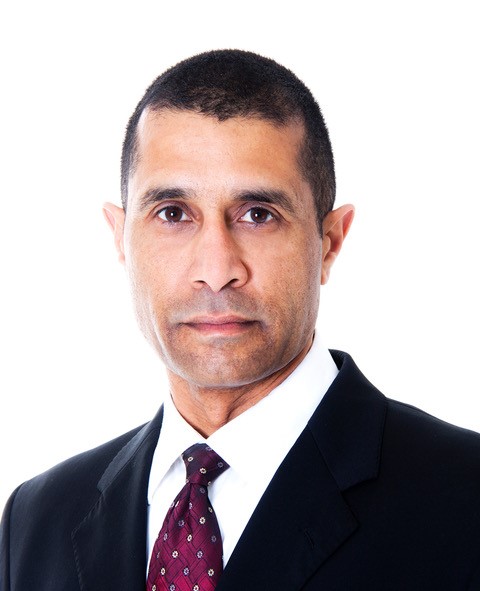 |
Professional background and experience: After graduating with a BA LLB from the University of the Witwatersrand in 1990, Imraan worked at the Legal Resources Centre (LRC) from 1991 to 1994 – first as a fellow and later as a candidate attorney. Besides practising as an attorney, Imraan served as a special advisor to William Lane, a councillor of the Independent Broadcasting Authority (now known as ICASA) and a regional director at the Independent Mediation Service of South Africa (IMSSA). As an admitted attorney since 1994, Imraan practised on his own for more than ten years and briefly at Bell Dewar & Hall (now Fasken) as an associate and at Routledge Modise Attorneys (later Eversheds and then Hogan Lovells) as a director. Imraan has been a partner at Haffegee Roskam Savage Attorneys since 2009. Imraan is an accredited mediator of CEDR (Centre for Dispute Resolution in the UK). As an experienced litigator, mediator, arbitrator, trainer and facilitator, he views consensual interest-based approaches as indisputably preferable to adversarial approaches to manage and resolve conflict. Imraan has trained courses (through IMSSA and Conflict Dynamics) on needs-based negotiation and interest-based conflict resolution. Imraan lives with his family in Cape Town but works between Cape Town and Johannesburg. He loves food, walks, sport and laughter. |
|
Mediation experience and style: Imraan is an experienced litigator and, therefore, acutely aware of the shortcomings of adversarial processes. He considers litigation as costly, stressful, drawn-out and uncertain. While litigation might sometimes be necessary, mediation offers parties an opportunity to form creative and constructive solutions that, ultimately, are more durable and party-centric. Imraan's approach during mediation is mostly informal, but he believes parties must confront difficult issues as a necessary tool to optimise practical and realistic solutions. The notion that only weaker parties or those with weak cases prefer mediation is common. But, rather than outsourcing solutions to third parties such as judges and arbitrators, strong parties are sufficiently smart to take ownership of their problems and, with their opponents, craft their own solutions. |
|